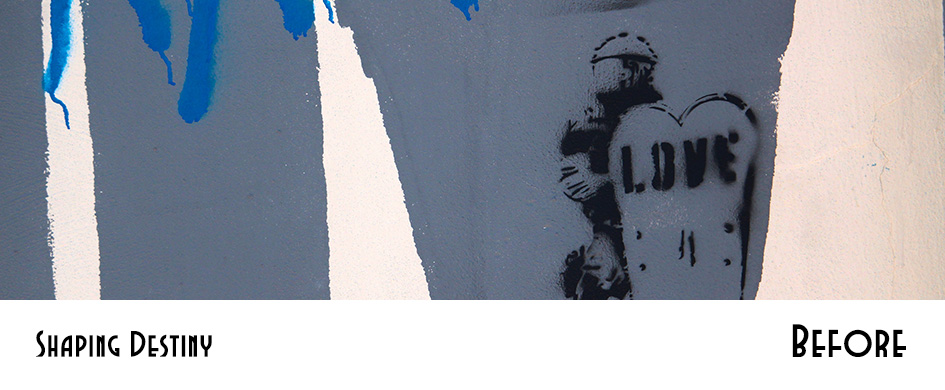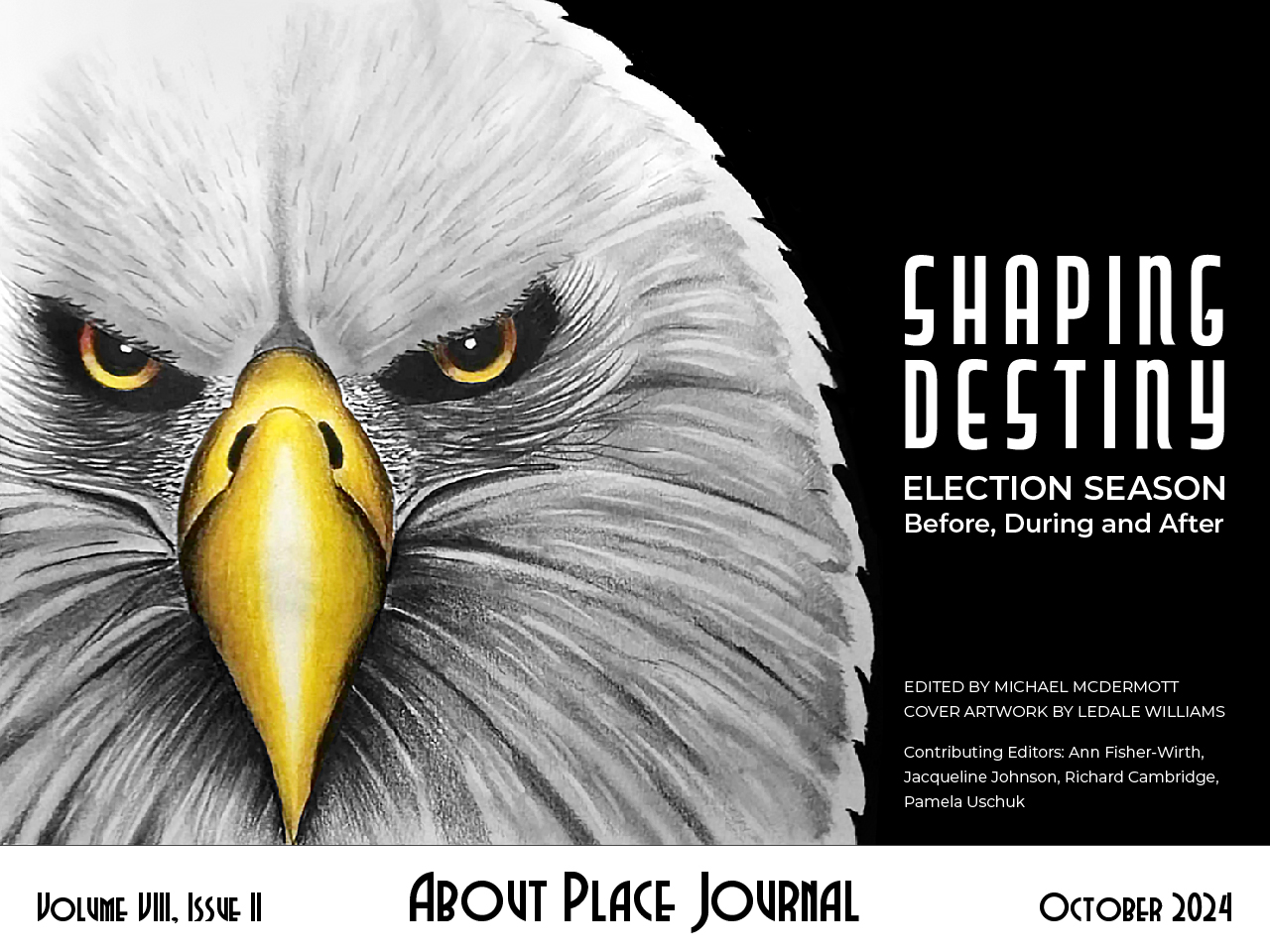This is the road, I’m told, where they abandon their animals—
mottled shepherd mixes and pit bulls. When the trucks come in,
the albino donkey does not raise his head from the hedge he clips.
Even the field cats have no say but dive into the high grass.
Further down the road, a man tells my father that he doesn’t want
the Mexicans moving in. After all, he had moved out here to get away
from those people. That Dallas was overrun with too many
criminals. Now his house is one I drive right by without pause,
drive across the narrow dam to re-arrange my garage for the tenth time,
my life a moveable feast of boxes and furniture waiting for the rotted
floor in a new old home to be put back together. Waiting for the boards
to last another two decades. New designs and renovations
all a ploy to delay unpacking, to forget the latest student who writes
the university should be ashamed to have him or the email calling me
a Communist. To forget that I need to write a poem about something
not sad. Write about something like my neighbors who sit and say
farewell to the sun, all of them, lined at their deck chairs as they are
by the water’s edge, who all wave in my direction and signal
they don’t want to be distracted from saying goodbye to the day—
though maybe they are saying I should quickly take my place
because didn’t I understand the message? There is always a day
to say goodbye to, always someone who wants you gone.


